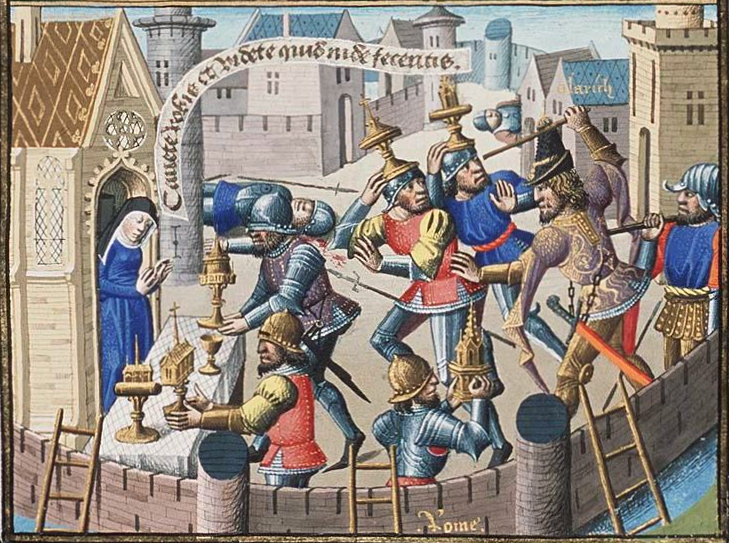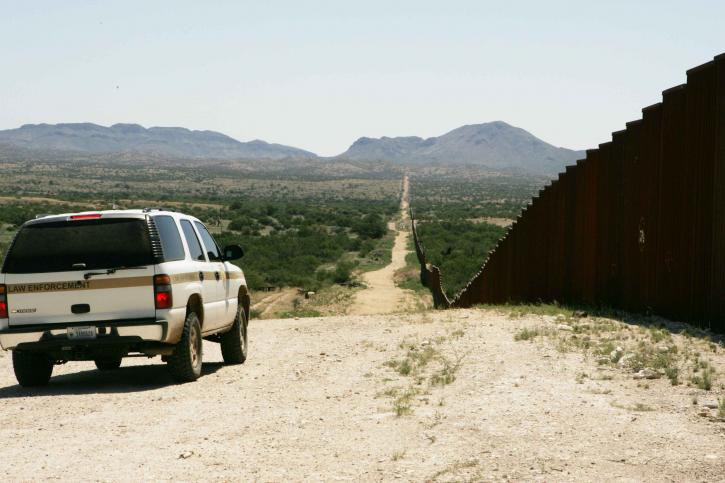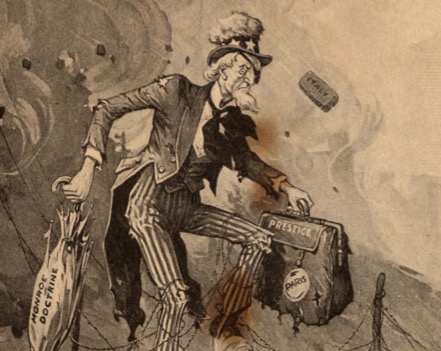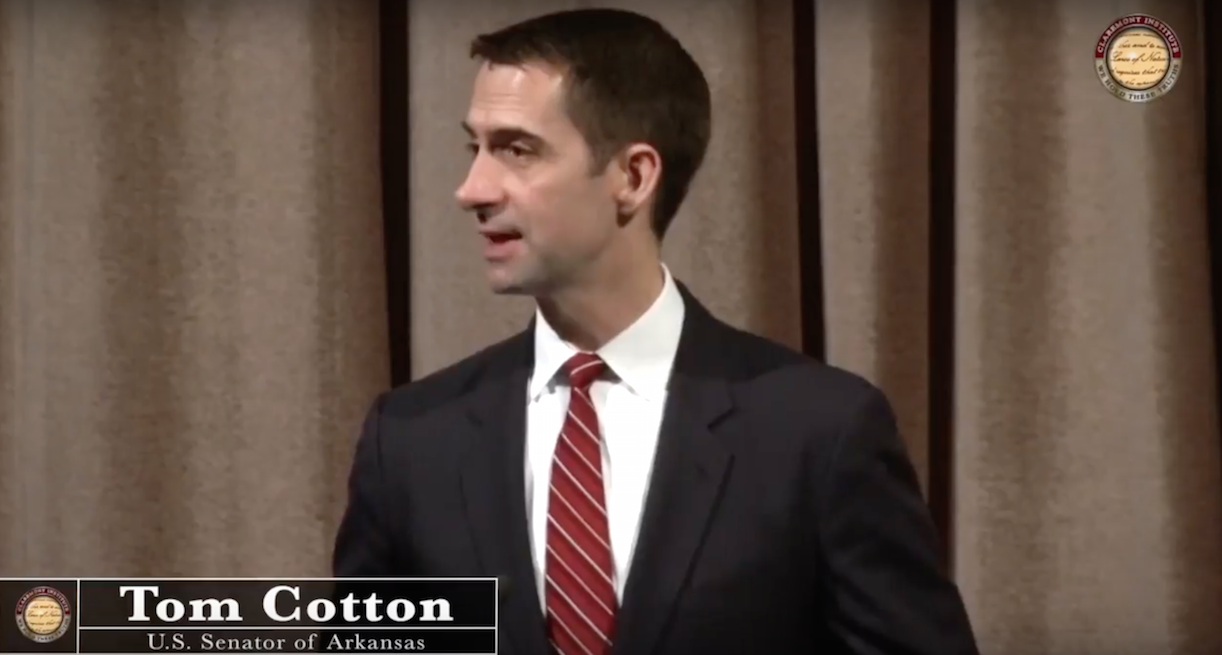America’s superior power is not a moral entitlement.
The Barbarians Are Always With Us

Protecting our regime demands more attention to reality than to realism.
Senator Tom Cotton rightly connects the nature of the regime—although he does not use this term—to statecraft at home and abroad. His focus is the democratic regime. He specifies that American citizens, as a free people, are “each a free and equal member of a distinct and particular political community” united in “a shared way of life toward shared purposes, which finds its most direct expression in the laws we make for ourselves through our elected representatives.” A self-governing citizenry “expects its statesmen not only to put their interests first, but also to manage those affairs that we cannot handle individually,” especially in the common defense of a democracy. This proper understanding of the citizen and the regime then informs the regime’s pursuit of the national interest in international politics. By focusing specifically on the United States and its role in the world, Cotton offers a needed dose of geopolitical reality.
The Cold War’s final years and the calm of the 1990s quieted—though never completely—the academic or theoretical realists. But as more scholars and analysts concluded that overreach characterized George W. Bush’s policies, a derivation of realism appeared in the form of restraint, retrenchment, or offshore balancing. Increasingly in the Obama and Trump years, certain IR realists have presented these somewhat interchangeable tools as distinct, complete strategies or principles in and of themselves. Cotton provides a powerful counterargument to such voices. He prudently follows in the footsteps of both Winston Churchill—the first statesman of the twentieth century to illuminate fully the link between the regime and its statecraft at home and abroad—and Bill Rood, the late, great teacher and mentor at Claremont McKenna College and beyond, who paired Churchill’s thinking (including his analysis of democratic regimes’ strengths and weaknesses) with a deep grasp of geopolitical reality, history, strategy, and constitutional development.
Cotton borrows from a central Rood teaching when he identifies the core challenge of international politics as: “The world is a struggle for mastery and dominance of the international order, in which you run the show or the show runs you.” He directly quotes George Washington’s essential dictum that “to be prepared for war is one of the most effective means of preserving the peace.” He explains that being prepared for war is also what allows the United States to defend justice. What Cotton overlooks, however, is the necessity of leadership and allies. The combination of geography, regime principles, resources, experience, and statesmanship necessitates that the United States must lead in world affairs. And yet, despite America’s many strengths and resources, limits prevail. The world scene’s hostile revisionist and outlaw powers require U.S. allies and bases. To take just one revisionist challenge: China’s offensive intentions and growing capabilities—which Xi Jinping has recently acknowledged, but which are not only recently developed—would have given Rood and Churchill pause. What’s more, they would have already formulated strategy and tactics to deter Chinese predominance.
Cotton quotes Rood’s elaboration of Thucydides’ Melian Dialogue: “It is only the strong that can afford to be kind and only the strong who can protect the weak.” For Cotton, connecting Thucydides and Rood, this confirms that “when the strong are also the just, then the weak have no need to fear them.” Rood’s insight came toward the end of his 1980’s recollections about World War II, when the Communists—rather than the Nazis—caused the world to be “more slave than free.” Just before his comment about the strong, Rood admonished: “And those who are free feign sleep to avoid that which must be faced. But there is no sleep for those who would stay free when the forces of barbarism are on the move.” The barbarians are not always the same, but—as Churchill, Rood, and Cotton each experienced in combat and understand in international politics—they are always with us. We need free, self-governing citizens and democratic statesmen who will not sleep in their pursuit of peace, justice, and strength.
The American Mind presents a range of perspectives. Views are writers’ own and do not necessarily represent those of The Claremont Institute.
The American Mind is a publication of the Claremont Institute, a non-profit 501(c)(3) organization, dedicated to restoring the principles of the American Founding to their rightful, preeminent authority in our national life. Interested in supporting our work? Gifts to the Claremont Institute are tax-deductible.
Radical self-definition destroys the self and the nation.
The elite imagination is no longer the happiest place on Earth.
With values and interests in tension, exceptionalism points in more than one direction.
Can America recover a nationalist vision of world leadership?





